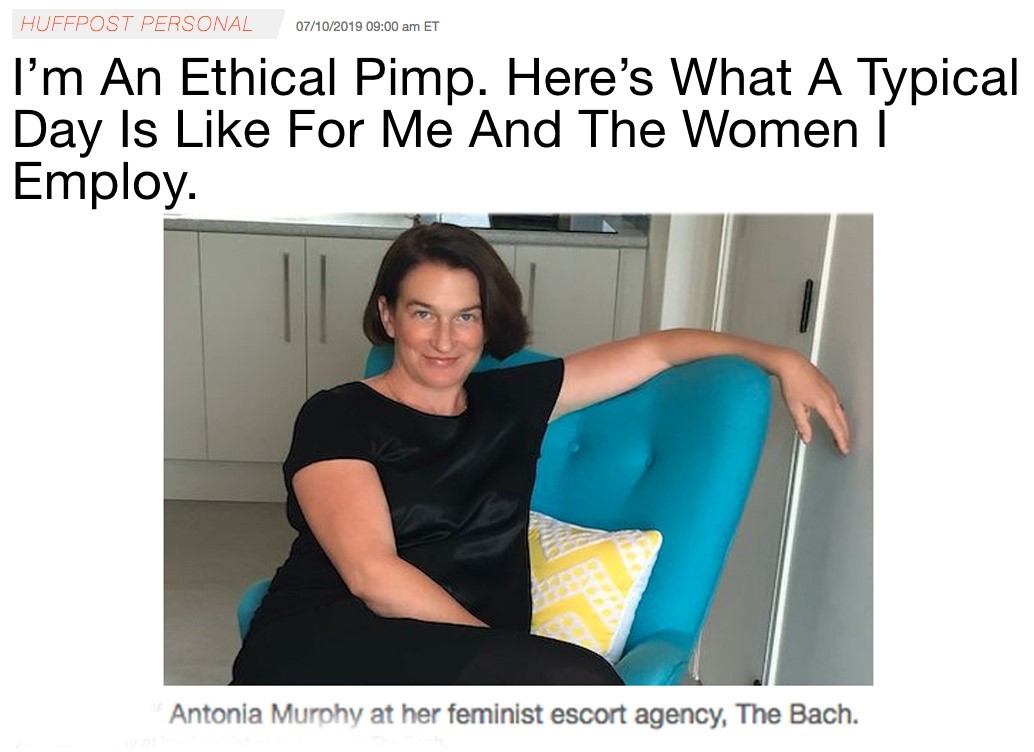
There is no such thing as an ‘ethical pimp’
Morgan Finnie responds to a wealthy business owner who claimed to run ‘a feminist brothel’ in New Zealand, where prostitution is legal.

Morgan Finnie responds to a wealthy business owner who claimed to run ‘a feminist brothel’ in New Zealand, where prostitution is legal.
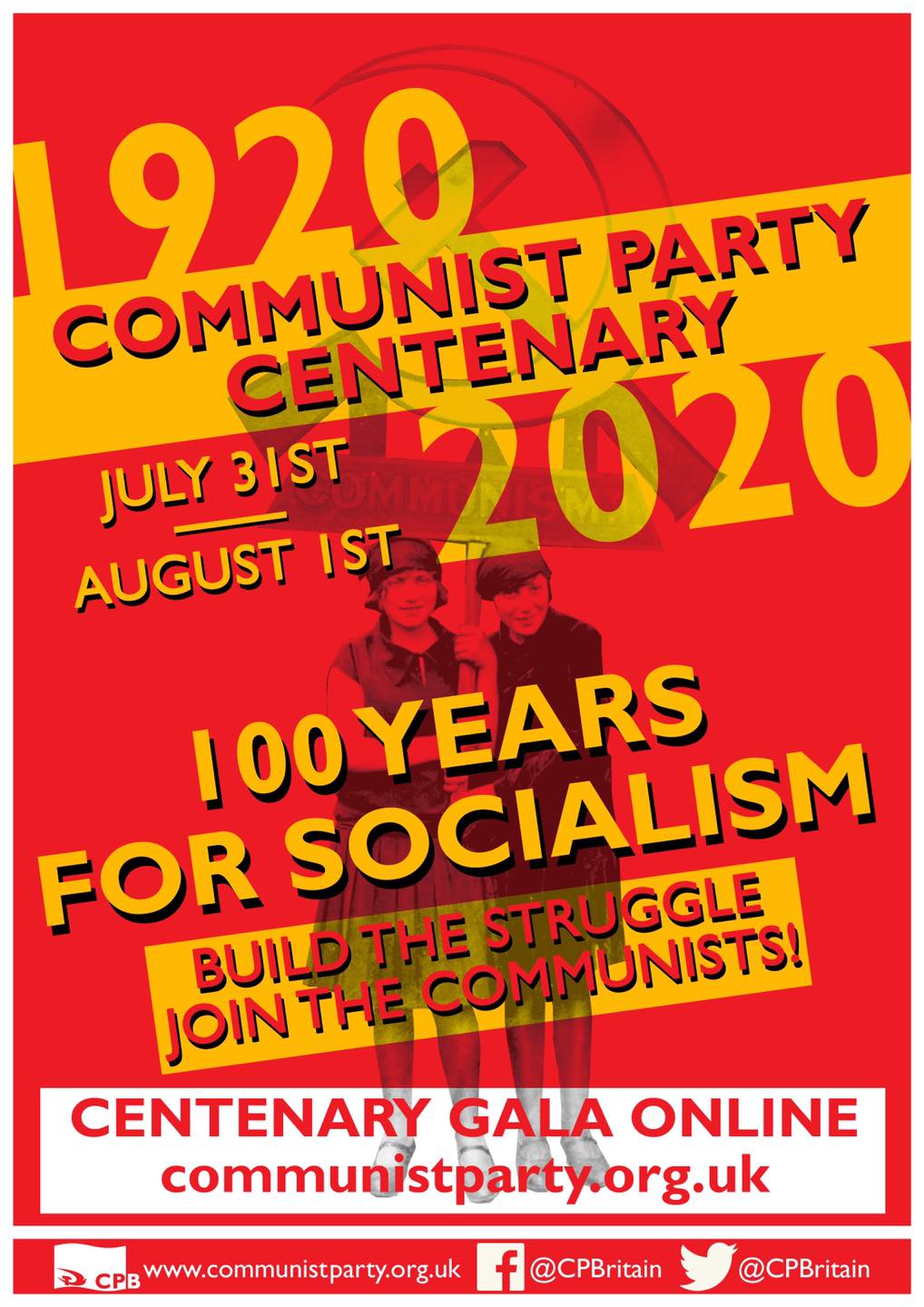
The Communist Party has announced key dates for their adjusted Centenary Celebration plans. The CP turns 100 on the 31st of July. A busy Centenary calendar planned for 2020 had to be adjusted in light of COVID-19 restrictions – but local and national celebrations are taking place online in branches across Britain.
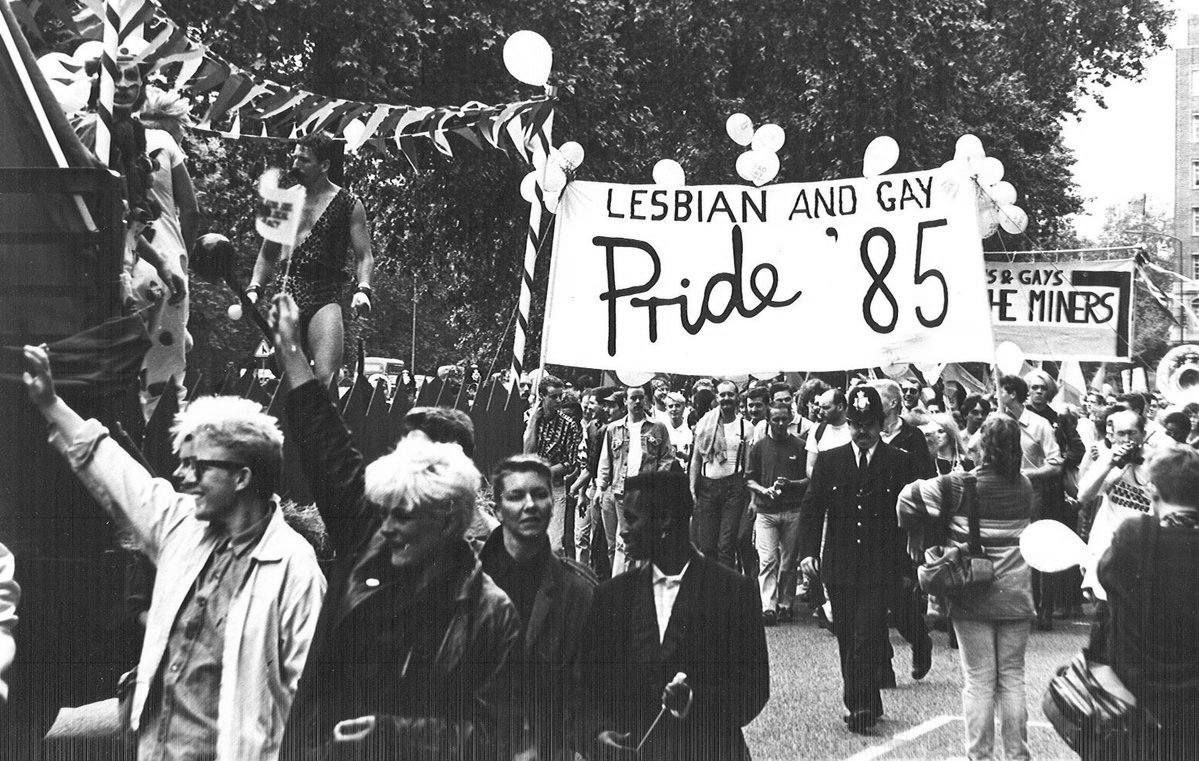
Marking the 36th Anniversary of the foundation of the iconic Lesbians & Gays Support the Miners movement of the mid-1980s, Joe Weaver discusses the significance of Pride and what lessons can be learned today.
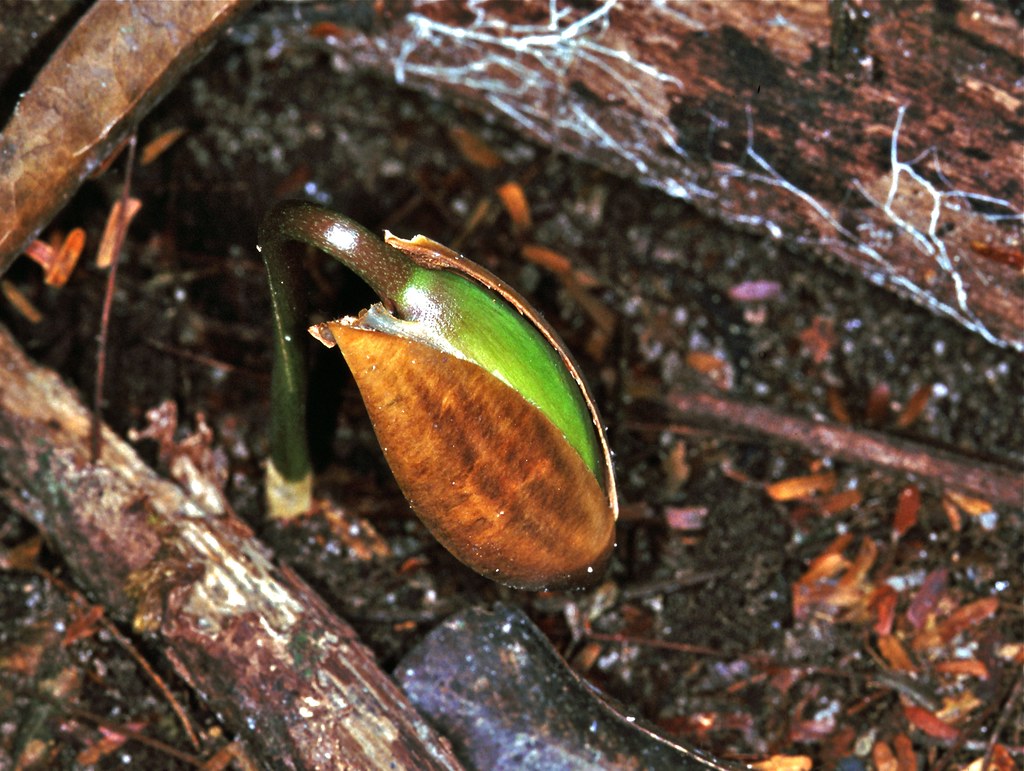
The Living Seed by Angela Tuckett
Born in Bristol, Angela Tuckett became involved in progressive politics from an early age. She supported the Welsh contingent to the 1931 Hunger March, the League of Progressive Writers and Bristol’s Unity Theatre. In 1940, as a solicitor, she took charge of the legal department of the National Council for Civil Liberties (now Liberty). She joined the staff of the Daily Worker in 1942, then worked on Labour Monthly from 1948 to 1978. She was a member of the editorial committee of the William Morris Society, and with her husband Ike Gradwell worked tirelessly to build up the Swindon branch of the Communist Party. This poem uses metaphor to illustrate what the struggle is all about.

Martin Graham, convener of the Communist Party’s Economic Commission, reviews an exposition of Marxist political economy.
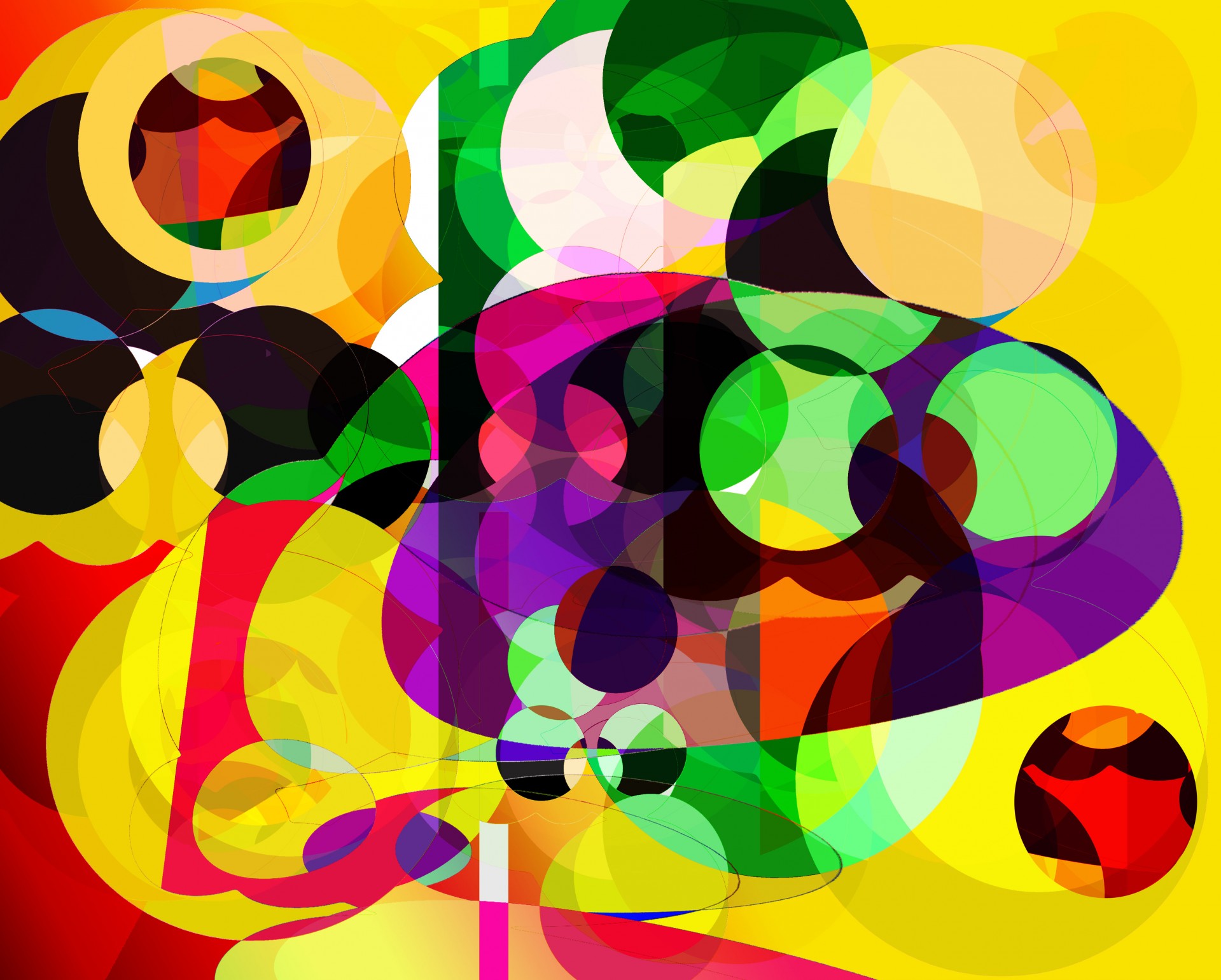
Ben Lunn provides a Marxist critique of intersectionality and discusses an understanding of oppression and discrimination based on a class perspective
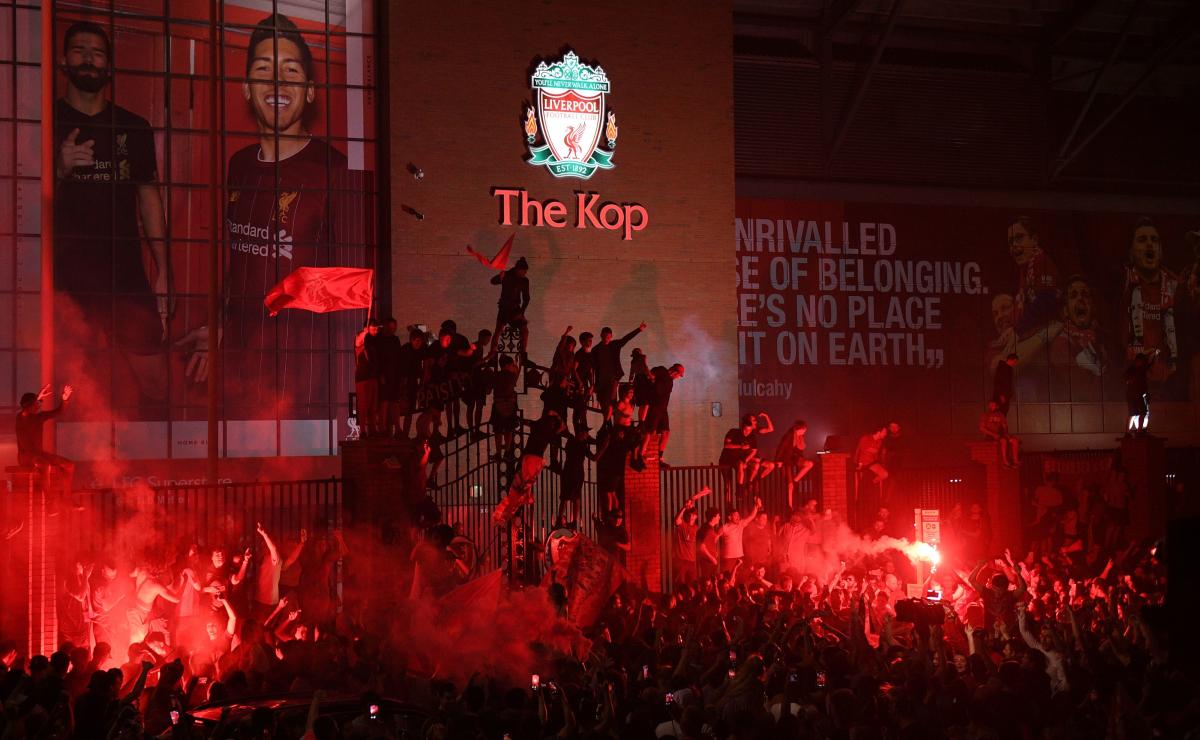
Liverpool’s first top flight title victory in 30 years was sealed last night as the Anfield side were confirmed the 2019/2020 English Premiership winners.

Abass Rather and Aqib Yousuf highlight the situation of students in South Kashmir – and across India – and outline the impact of the COVID-19 lockdown on education in light of limited access to reliable internet and technology for working people.
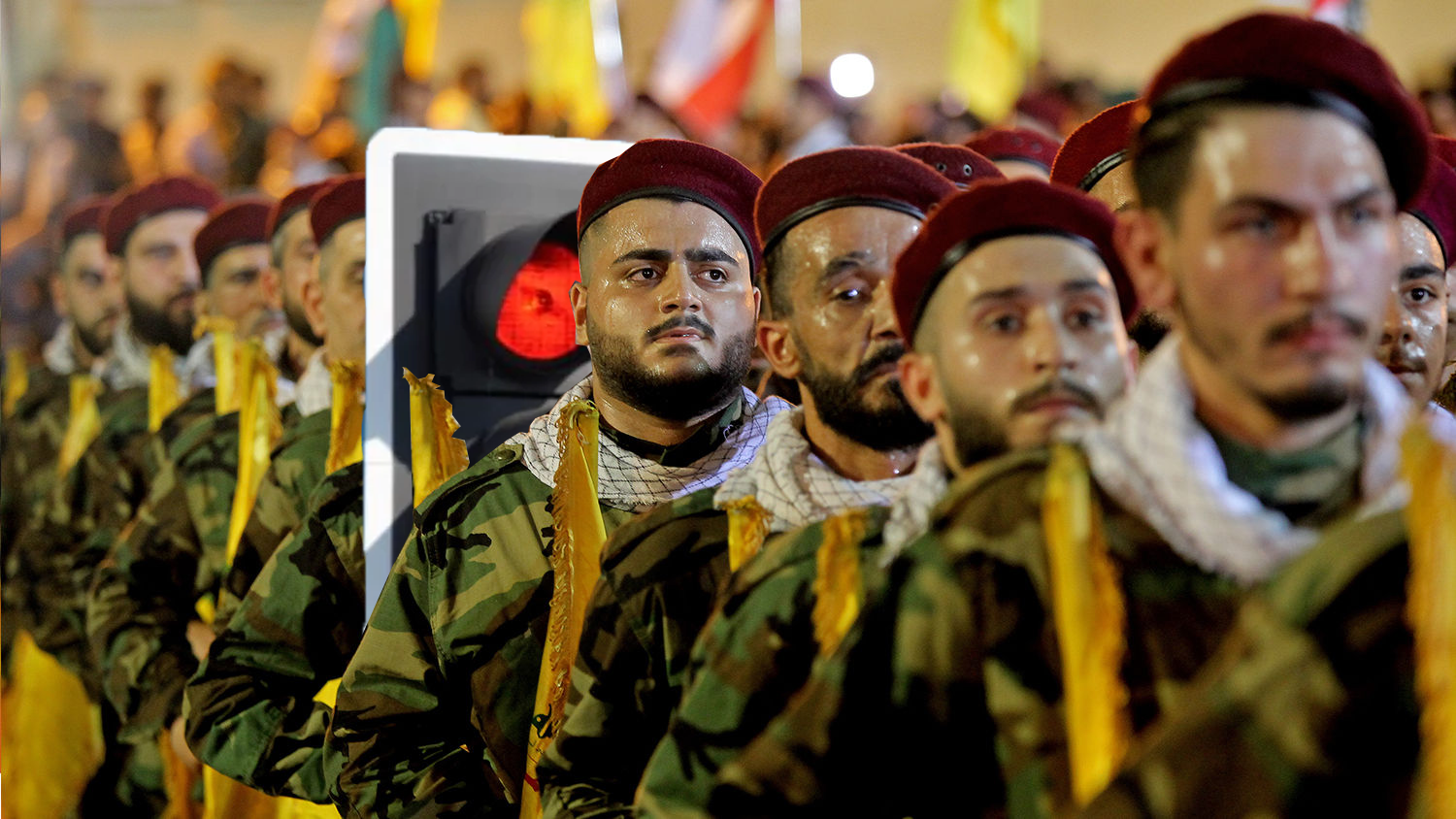
Ethan Steele reports on recent developments surrounding the ONLY international militant group not connected to Jeremy Corbyn by Britain’s mainstream media*.
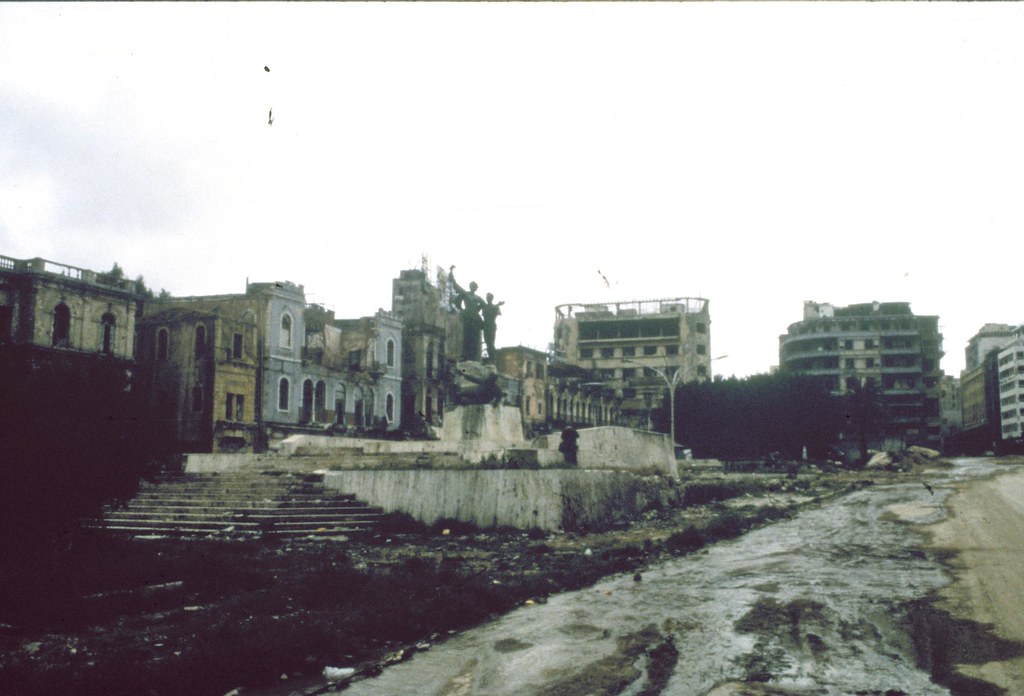
She knows the Answer, an original poem by Jane O’Donnell
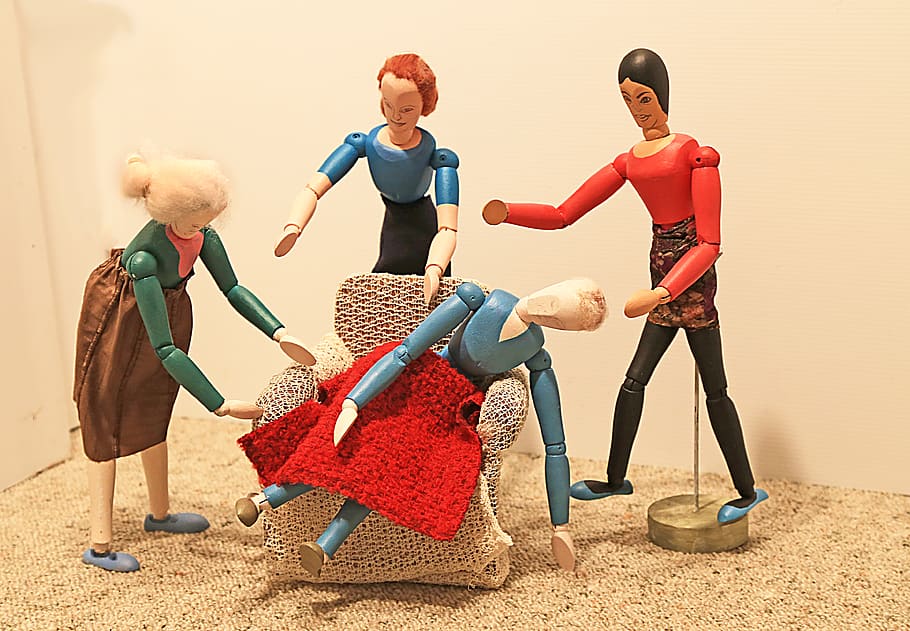
Claudia Cannon discusses the dire need for increased support for carers in Wales and across Britain and the impact of the COVID-19 Pandemic.

As it now spreads across the globe, we must recognise that this vast uprising has all the makings of a class war, writes Michael Quinn.
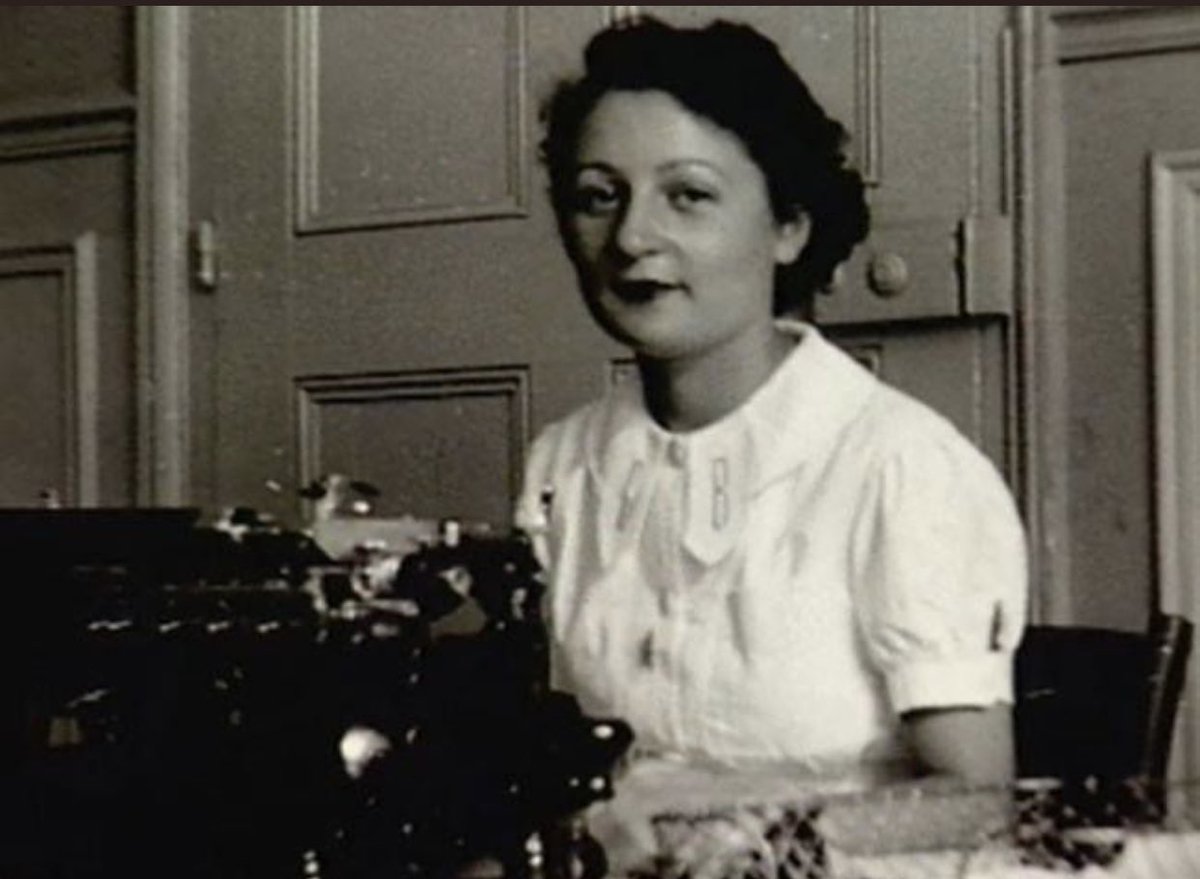
Julian Jones pays tribute to recently passed legendary French communist and resistance fighter, Cécile Rol-Tanguy.
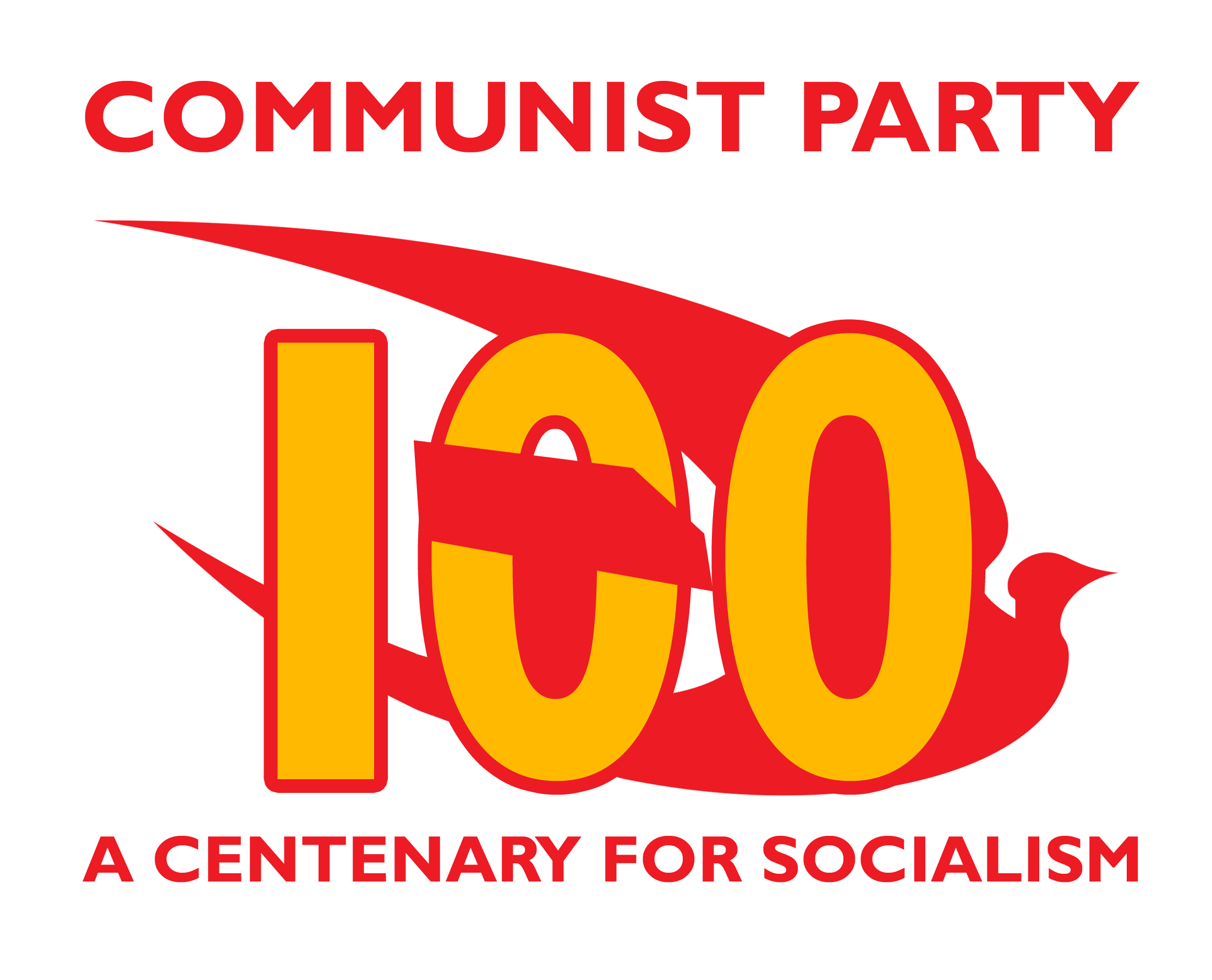
Phil Katz, the Communist Party’s Assistant Secretary for Communications, outlines the exciting plans for the Communist Party’s Centenary celebrations over the next few months.
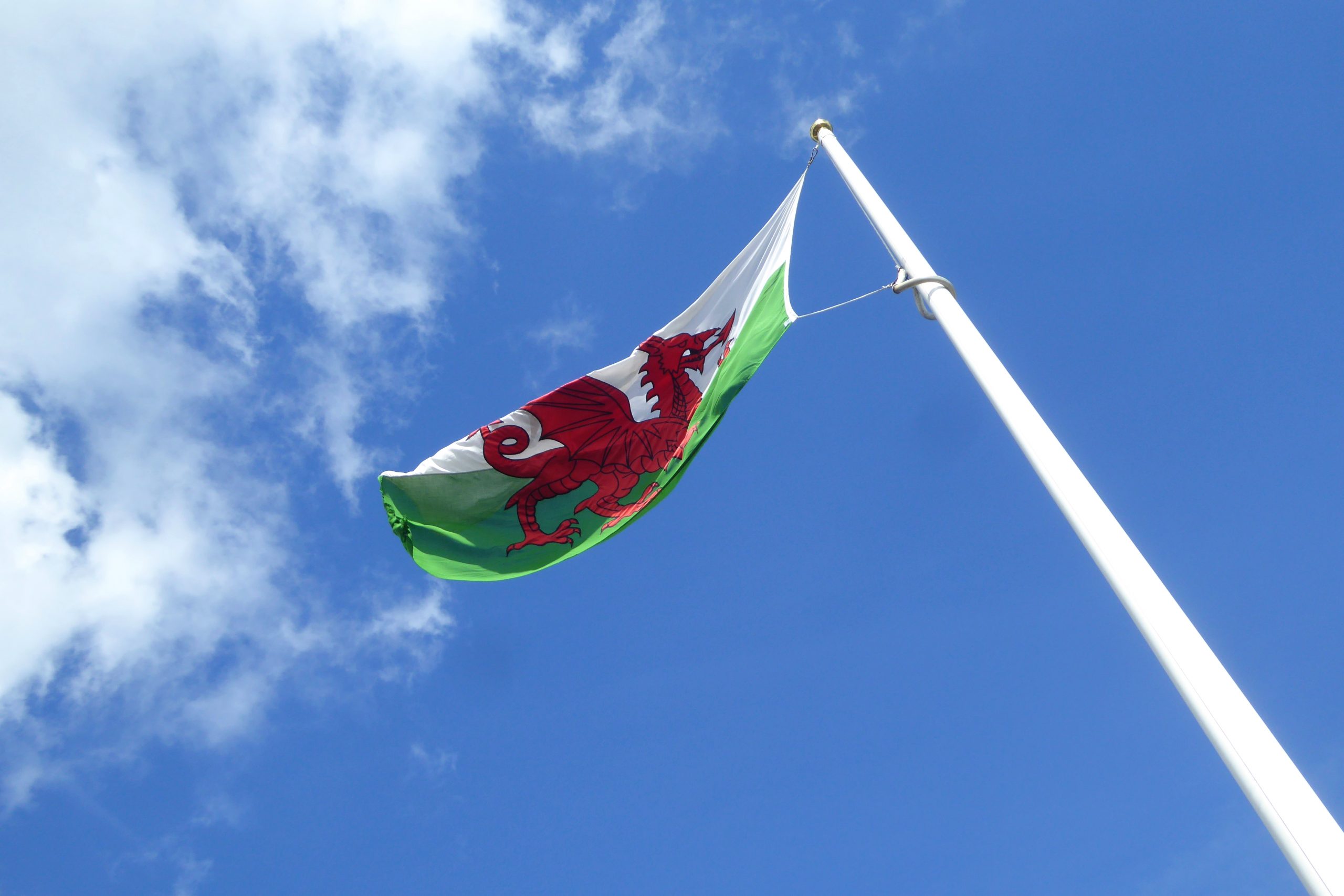
Nathan James makes the case for progressive federalism for the people of Wales – and the other nations of Britain – as the basis for democratic empowerment and the radical redistribution of wealth

Che Comandante by Nicolás Guillén, 1967.
“Che Comandante,” by Nicolás Guillén (1902 – 1989), Cuba’s National Poet Laureate, read on that solemn evening of October 18, 1967, in Havana’s Plaza de la Revolución José Martí, shortly after Che’s death was announced to the world.The first verses were prophetic.
Over twenty years ago, Che’s remains were found where they had been hidden following his murder and were transferred to Cuba. Che was laid to rest, with six of his fellow combatants with military honors in a specially built mausoleum in the Cuban city of Santa Clara, where he had commanded over the decisive military victory of the Cuban Revolution.

Maxime Rigoulay attacks the criminal negligence of Boris Johnson’s Tory Government in responding to the COVID-19 Pandemic and argues we must take the opportunity build working class resistance.
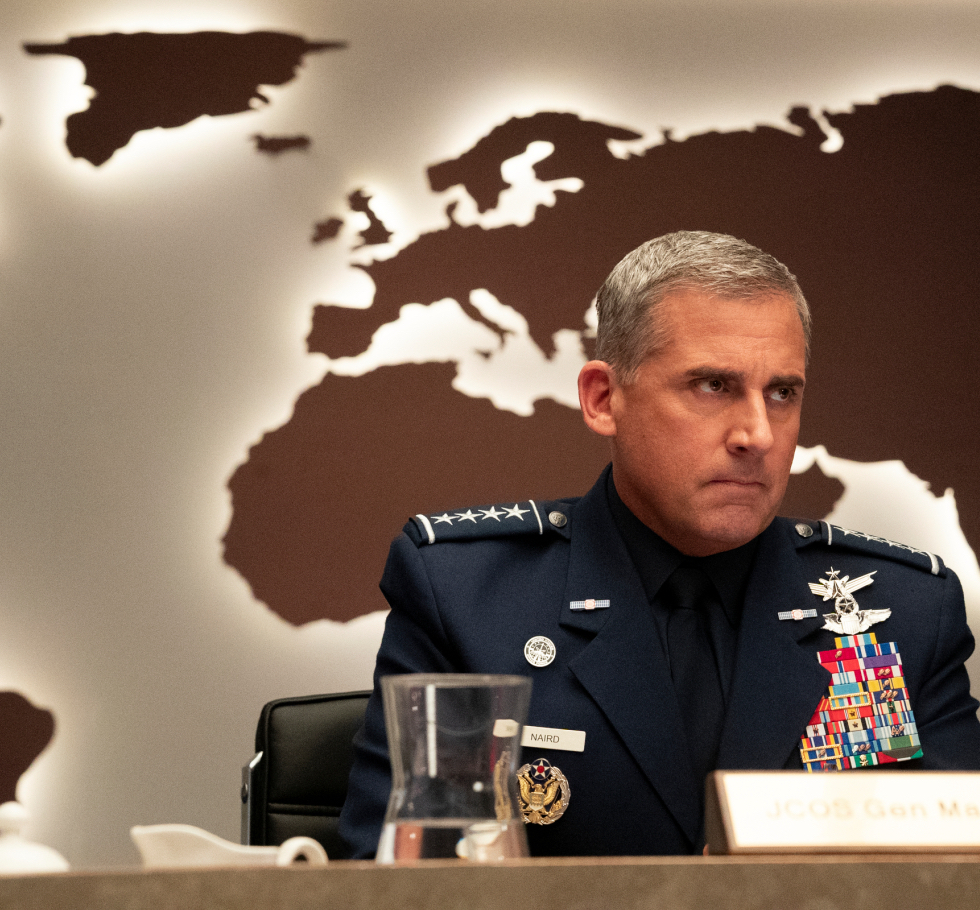
“The generation that won WW2 was

Capitalism is a degrading, exploitative and destructive system – but only a minority of Britain’s youth have come to this realisation. This isn’t because its incorrect and it isn’t because the majority of the youth are fervent supporters of the neoliberal capitalism.
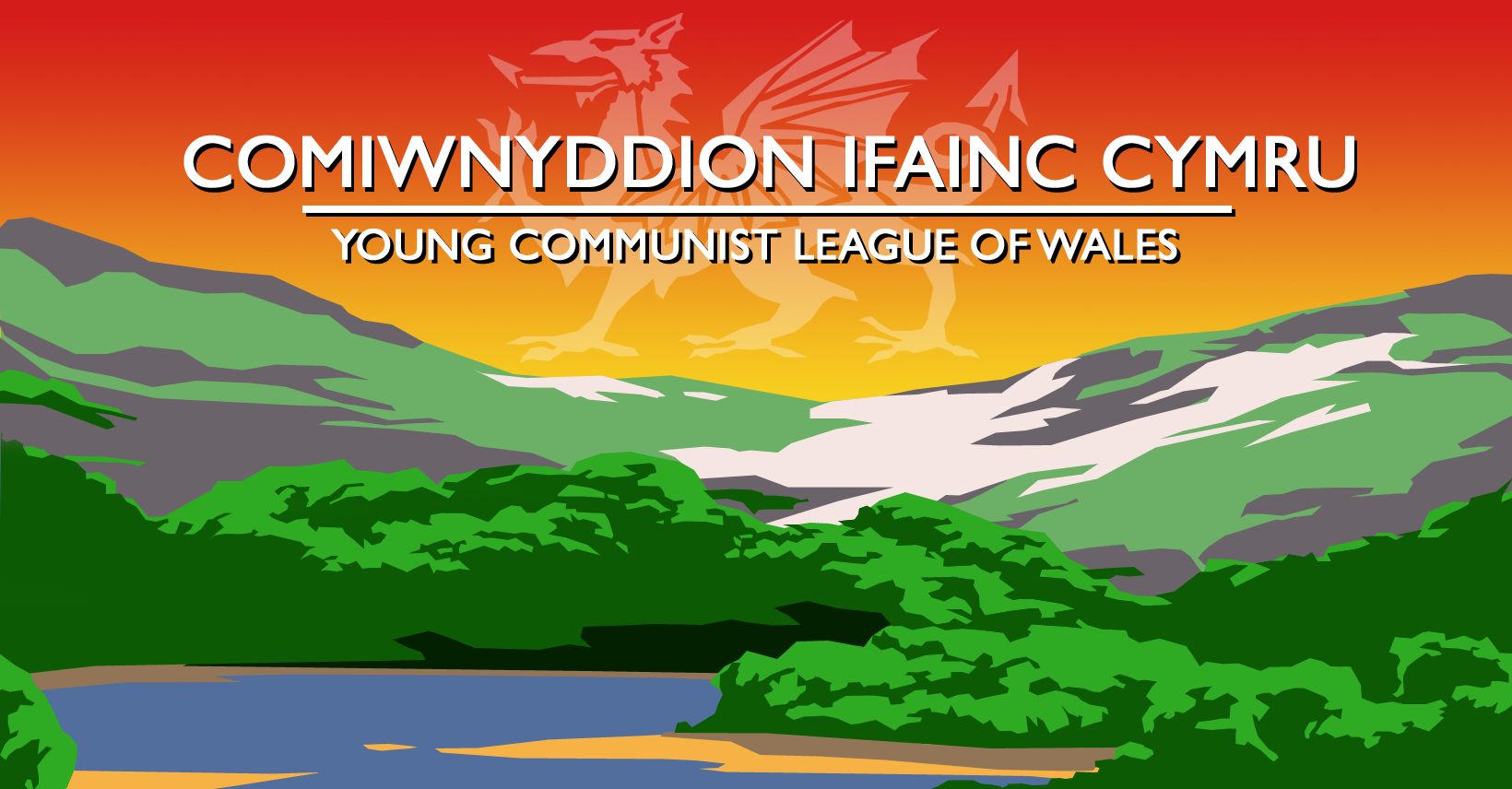
Comrades of the growing Young Communist League Wales highlight the importance of education in building the YCL and the need to combine theory and practice.